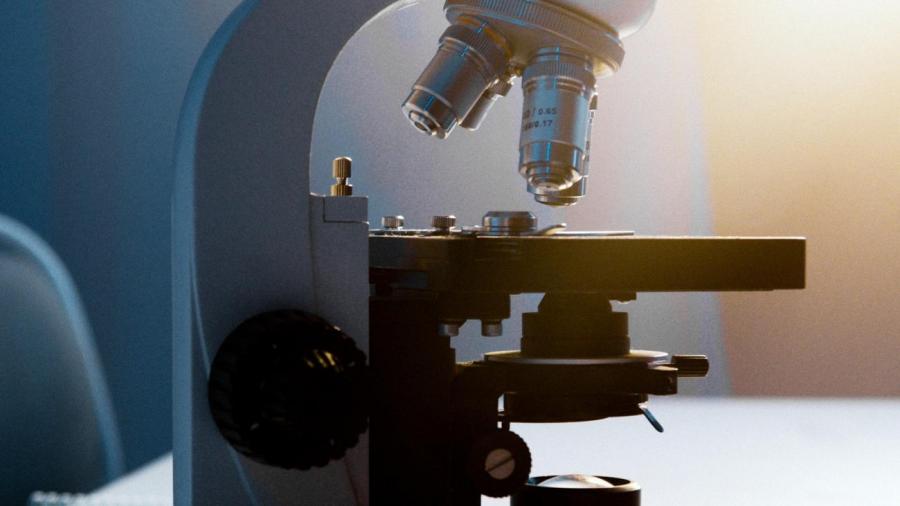
April 25, 2018 | 6 p.m.
Location Marston Theater, ISTB 4
Campus Tempe
Abstract:
Dr. Rosenberg’s group reports phylogenetically deep translational discovery of fundamental, conserved biology in the bacterium E. coli that indicates DNA-based mechanisms that drive the initiation and progression of human cancers, based on humans having evolutionarily conserved proteins like those of E. coli. They report surprising cancer-promoting roles of human homologs of bacterial proteins, the roles discovered in E. coli and then supported by analyses of human cancer RNA and DNA data sets.
Biography:
Susan Rosenberg is a molecular biologist and geneticist whose PhD with Frank Stahl (U Oregon) and postdoctoral work with Miroslav Radman (Paris) concerned DNA recombination in E. coli. Initially on the Faculty of Medicine at the University of Alberta, Edmonton, then at Baylor College of Medicine, Houston, working in E. coli, her lab demonstrated and elaborated molecular mechanisms of mutagenesis activated by stress responses. These increase genetic diversity, potentially accelerating evolution, specifically when cells are poorly adapted to their environments. Her lab also studies mechanisms of DNA repair and genome instability. Her demonstration that mutagenesis is regulated changes understanding of genomic plasticity, host-pathogen adaptation, antibiotic resistance, cancer development and evolution. Rosenberg founded the Gordon Research Conference on Molecular Mechanisms in Evolution, which addresses molecular mechanisms that influence how evolution works, and their roles in cancer, infectious disease and basic biology. Rosenberg is a fellow (elected) of the American Association for the Advancement of Science, and of the American Academy of Microbiology, a member of the Senior Editorial Boards of SCIENCE and PLoS Genetics. She has received an NIH Director’s Pioneer Award, the Biosphere and Humanity Medal (Russian Academy of Medicine), the Eli Lily National Cancer Institute of Canada William Rawls Prize, the Young Scientist Award of the Genetics Society of Canada, and Michael E DeBakey MD Award for Excellence in Research for work in mutagenesis.